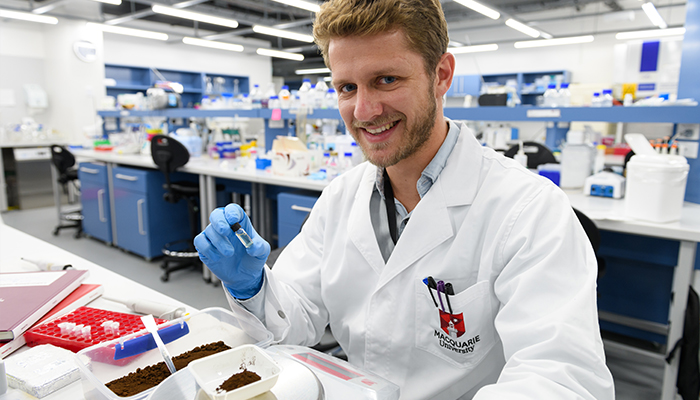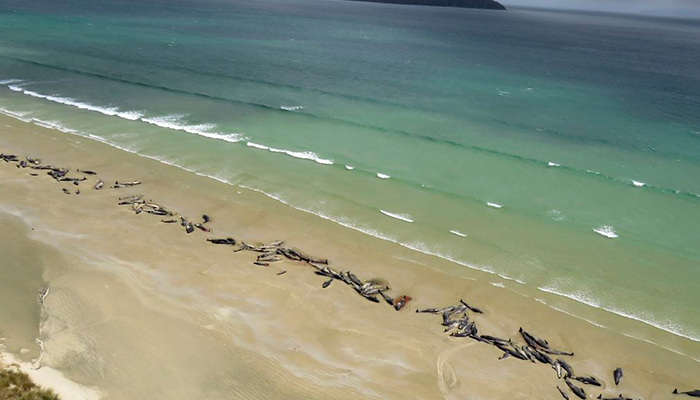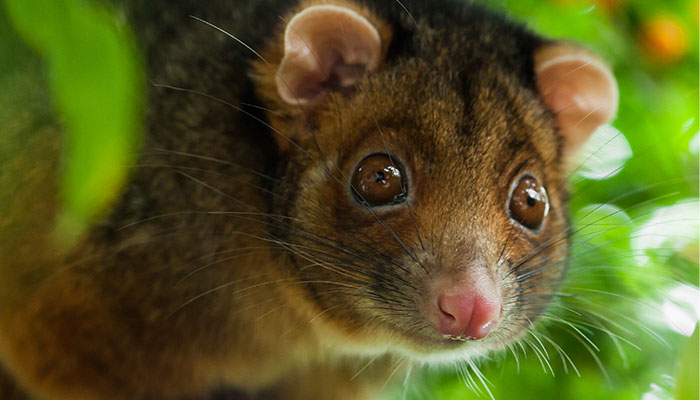Australians love their coffee, consuming about six billion cups a year; but the coffee grounds for our daily espressos are used only once, and most of the grounds end up in landfill.

Drinking downside: It's not just coffee cups that are bad for the environment - so are waste coffee grounds.
Add in the 2.6 billion or so take-away cups that are plastic-lined and so can’t be recycled, and it’s clear that our national coffee habit has a significant environmental down-side.
But researcher Dominik Kopp may have come up with the ultimate way to recirculate the materials used in take-away coffee.
Ninety-three per cent of this waste ends up in landfill, where it produces greenhouse gases that contribute to global warming.
Working on his PhD under synthetic biologist Associate Professor Anwar Sunna, Kopp has worked out a way to process discarded coffee grounds into lactic acid, a raw material used to create biodegradable plastics – which could be, in turn, manufactured into biodegradable take-away coffee cups.
He says that each year in Sydney, more than 900 cafes and coffee shops produce about 3000 tonnes of waste coffee grounds.
“Ninety-three per cent of this waste ends up in landfill, where it produces greenhouse gases that contribute to global warming,” he explains.
Kopp says that discarded coffee grounds consist of 50 per cent sugars that can be converted into chemicals able to replace the petroleum-based compounds used in making many kinds of plastic materials.
A Macquarie University coffee shop supplied Kopp with used coffee grounds which he analysed to then develop a method to extract mannose – a sugar found in the grounds – and then convert it into lactic acid.
“Lactic acid can be used in the production of biodegradable plastics, offering a more sustainable and environmentally friendly alternative to fossil fuel-derived plastics,” Kopp explains.
“You can use these biodegradable plastics to make anything from take-away coffee cups to yoghurt containers to compost bags to sutures in medicine.”
Away from crude oil towards a bio-based economy
Kopp came to Macquarie from Germany after hearing about the research in synthetic biology going on under Associate Professor Anwar Sunna, Kopp’s supervisor and head of the Sunna Lab, where researchers are exploring new materials that could replace plastics and other hard-to-recycle ingredients.
“The bio-based economy relies on the production of renewable biological resources and their conversion to achieve a circular economy, without waste,” says Sunna.
Many materials that are currently discarded could potentially have a new life as raw materials for other products, he explains.

Groundbreaking: Macquarie researcher Dominik Kopp hopes that the process can become commercially viable.
“Our group is looking for new ways to use biowaste – whether that’s agricultural, industrial streams or commercial food waste – into high-value compounds in ways that are sustainable for the environment and society,” says Sunna.
Kopp says that mannose is converted into lactic acid in nature – but that involves a long and complicated process.
He has developed a much simpler synthetic pathway that involves just four enzymatic steps.
His process takes mannose extracted from insoluble sugars in the used coffee grounds and breaks them down using enzymes from several different organisms.
The first step towards industrial production
As to whether the process can be made commercially viable, Kopp says his work is still at proof of concept stage.
He points out that while coffee grounds are not reused on an industrial scale, and the process doesn’t compete with other applications currently available, translating a laboratory exercise into large-scale production would require further work and investment to make the process feasible for industrial production.
“I find it very interesting to explore the biochemistry of substances, and how we can understand and apply the diverse pathways used in the metabolisms of microbes, to develop technologies that we can apply to resolve real-world problems,” says Kopp.
“The project shows that we can use synthetic biology approaches to develop valuable materials that are sustainable and don’t come from crude oil.”



